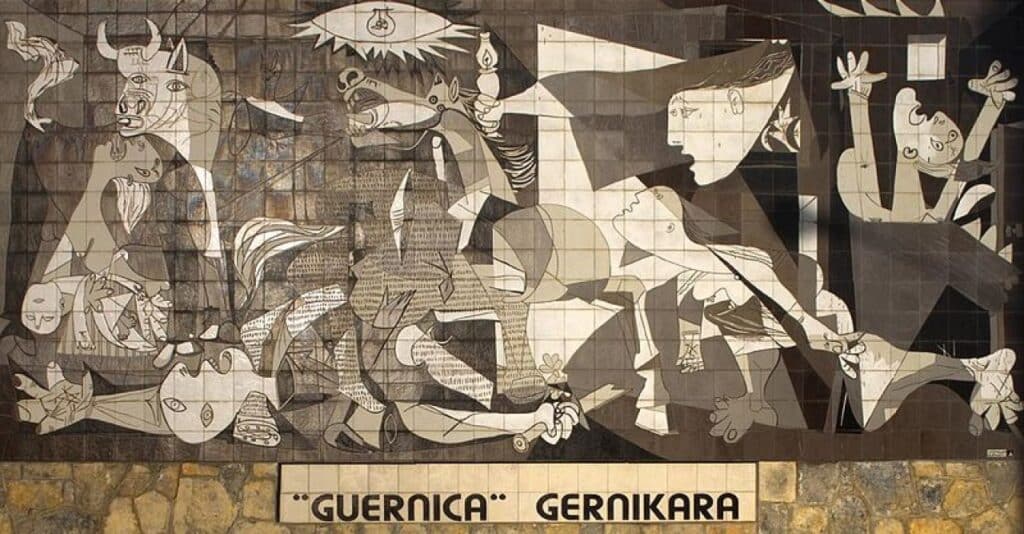Here’s what I said to students about this assignment:

You might want to start by reading through “Rebuilding Haiti” just to get a sense of what you’re going to be evaluating–that is, assessing “how and how well” this particular story/medium tells a persuasive journalistic story. This site is well know because it uses what are sometimes called interactive “newsgames” to engage the reader.
To read about this strategy, you might look here or here.
In all, what we’re asking you to reflect on is how and how well “Rebuilding Haiti”
- uses the advantages for story-telling that come with multimedia effects (scrolling, video, charts or charts or diagrams, recorded testimonies);
- to create a Narrative form around
- a specific content (here, the questions facing activists and citizens about rebuilding Haiti), and
- whether and how those effects contribute to the journalistic authority of the work (or not).
In sum, does “Rebuilding Haiti,” or does it not, create (in your view) a persuasive, compelling, authoritative journalistic study? Or in your sense does it create something different–more personal, more engaging, more “reflective” or literary–or what?
Use your own experience and preferences to make this response as personal and as creative as you like: be honest, choose anonymity if you want to–and say what you think.
Thanks! Here are some prompts for your essay-response-reflections:
- Try to introduce your reader to whether you’ve encountered other forms of digital journalism before–offer links, please!!–and a little bit about how that might reflect your tastes/preferences. Do you think of yourself as a “visual” person, or not? Do you play computer or video games? Do you like having “primary” documents and testimonies right in front of you, as a reader? What other kinds of viewing experiences does this remind you of?
- What makes this topic unique is considering how the medium shaped the narrative: for instance, you’ll notice that “Rebuilding Haiti” asks the viewer to interact, make choices, as part of the reading experience. What did you think of that effect? When focusing on narrative, break things down as you would any literary narrative. What kind of narrator do we have? How is the plot “shaped” (how many acts or venues or speakers does it have)? Is dialogue important, the number of characters, where things are “revealed”?–and so on.
- How did these things–the medium, the narrative form–shape your access to and understanding of this particular story or set of questions?–what did it make you think–and, importantly, feel?–as you read? (Put a picture or illustration or link to a song in your answer, if it helps). Was “Rebuilding Haiti” persuasive in a journalistic way, or in some other way? Or not?